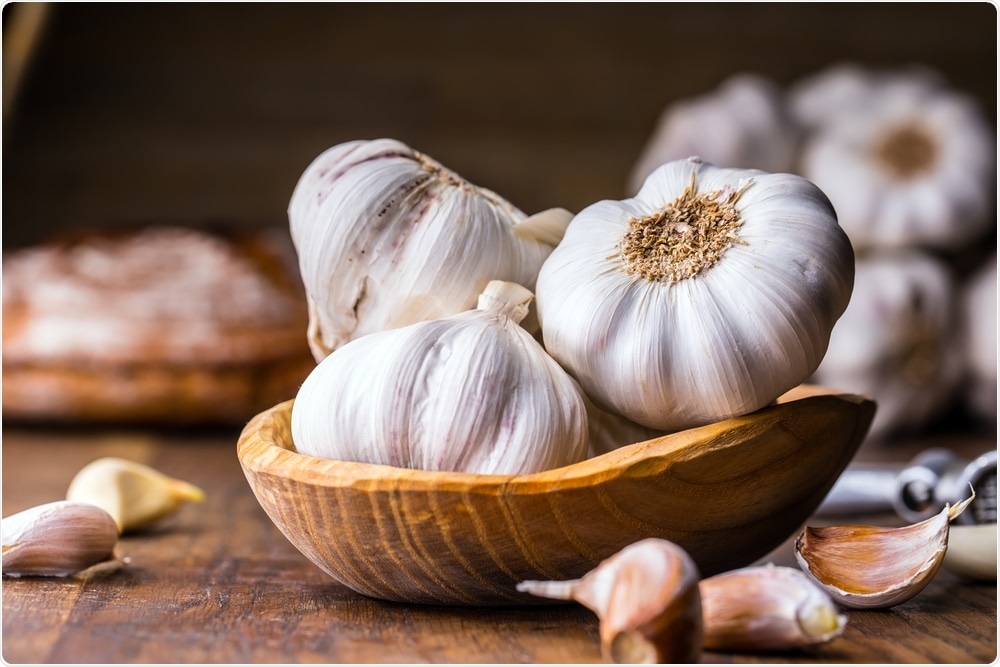Animal products are often contaminated with bacteria that can cause a variety of illnesses in humans. For example, the ingestion of Escherichia coli can cause food poisoning. The use of antibiotics on farmed animals can lead to the bacteria developing an antibiotic resistance, which is very concerning for the food industry.
Recently, a gas chromatography (GC) experiment was performed to analyze the gases emitted from bacteria, as the levels of hydrogen (H2) and carbon dioxide (CO2) detected can be used to identify if any bacteria were present. The research aimed to assess the effectiveness of various antibiotics at destroying bacterial species that are commonly found in food.
The study was published on February 9th, 2019 in the Journal of Analytical Science and Technology.
 Marian Weyo | Shutterstock
Marian Weyo | Shutterstock
The researchers used headspace-gas chromatography (HS-GC) to identify classes of bacteria based on the emission of hydrogen and carbon dioxide following antibiotic exposure. Bacteria that showed no change in gas emission after antibiotic exposure were still viable and therefore antibiotic resistant.
The scientists analyzed and compared common chemical antibiotics such as streptomycin, and natural substances that have antibiotic effects, such as pine tree resin or clove oil.
Penicillin resistance common on poultry
The researchers first confirmed that GC was accurate enough to separate and analyze H2 and CO2. The experiment was able to distinguish between three different types of bacteria present (aerobic, anaerobic, and facultative anaerobic) based on their H2 and CO2 emissions.
Although HS-GC can be used to differentiate between bacterial classes, it cannot tell the species of the bacteria. Therefore, further tests would need to be performed in order to identify the bacterial species present.
The study also tested the penicillin antibiotic on bacteria from chickens. It was shown that penicillin was insufficient to eliminate all bacteria from the chickens and that many bacterial cells had developed resistance to the antibiotic.
Natural alternatives were more efficacious than chemical antibiotics
Interestingly, the most successful natural antimicrobial substances tested were the clove oils, garlic oils, and cress seeds. The study also found that some natural antibiotics performed just as well as chemical antibiotics.
A low-cost test for antibiotic resistance
The research has opened up a lot of potential for future antibiotic treatments in medicine and the prevention of food contamination for the food industry. The researchers conclude:
The described technique can be carried out with all commercially available gas chromatographs, even including simple low-cost instruments, equipped with a standard packed column and a thermal conductivity detector, up to expensive and fully automated instruments, such as used for forensic blood alcohol analysis.”
Credit/Sources
Financial support for this study was obtained from Baden-Württemberg Stiftung and some materials were supplied by PerkinElmer LAS (Germany) GmbH.
Source:
Proof of bacteria and the activity of chemical and natural antibiotics by headspace gas chromatography. Journal of Analytical Science and Technology. 2019 (10:9). doi.org/10.1186/s40543-019-0167-3